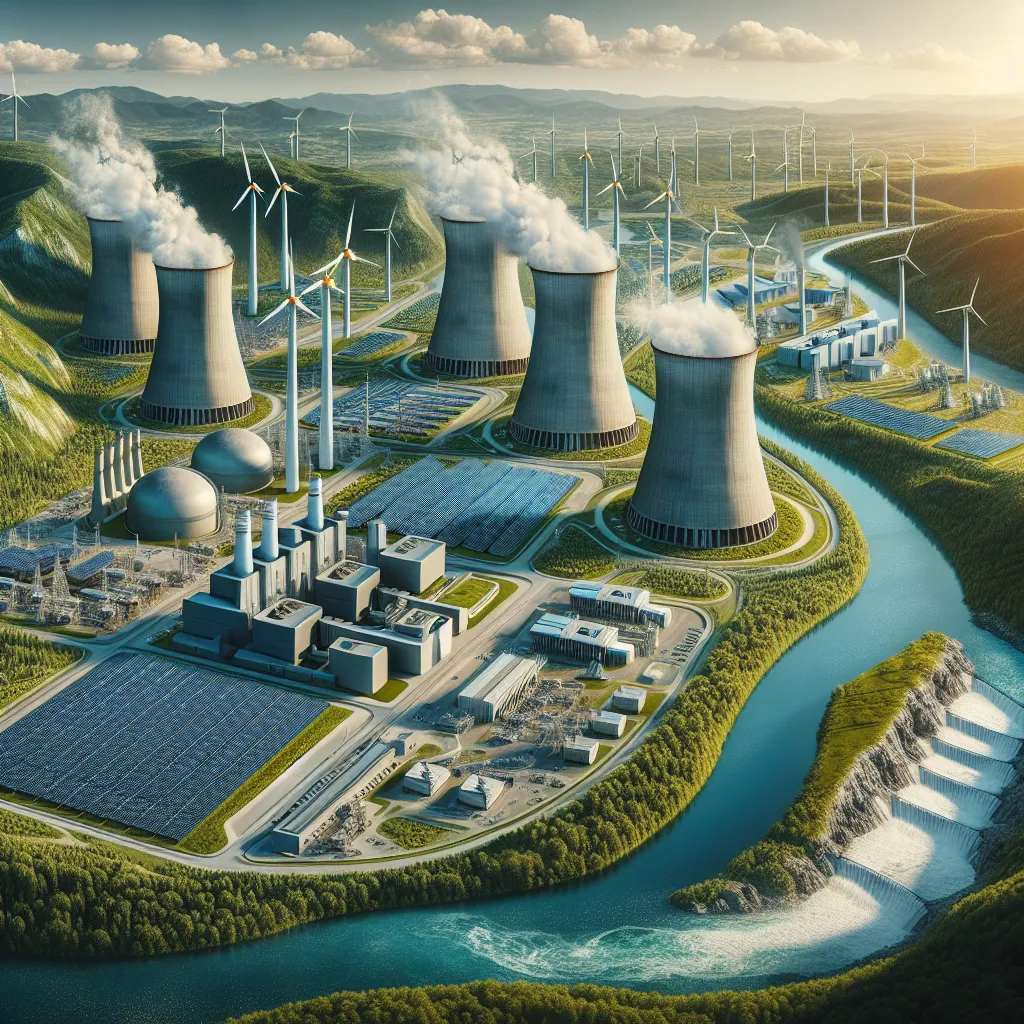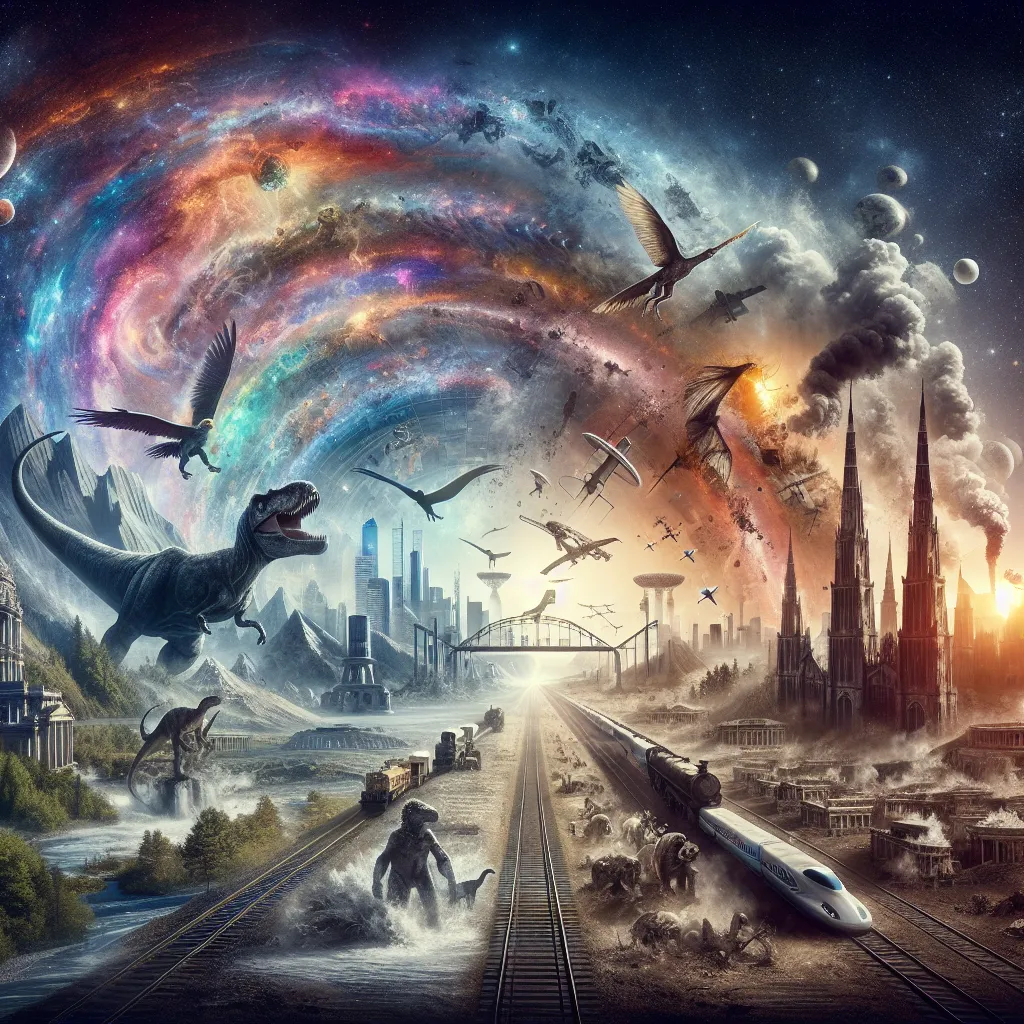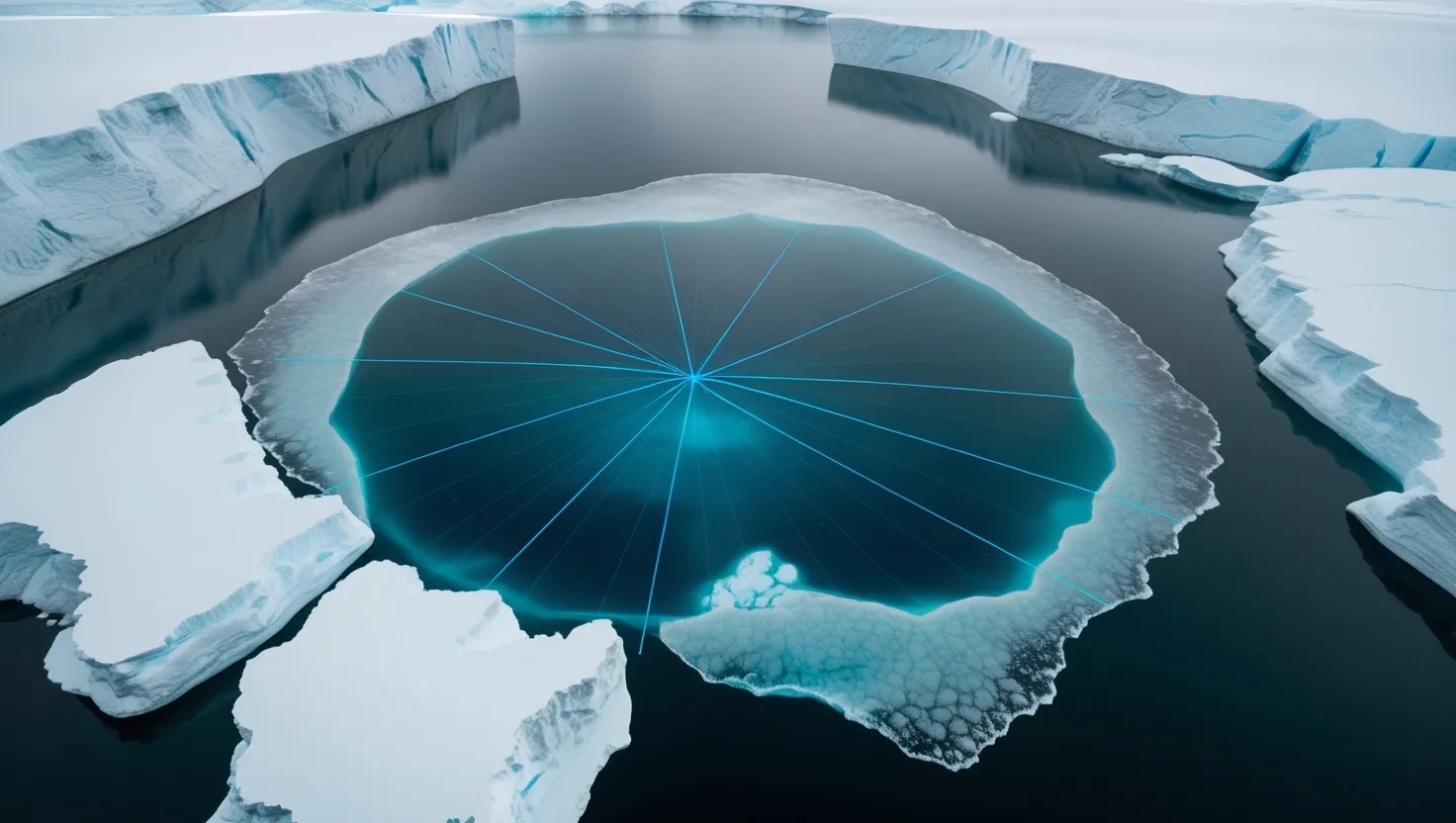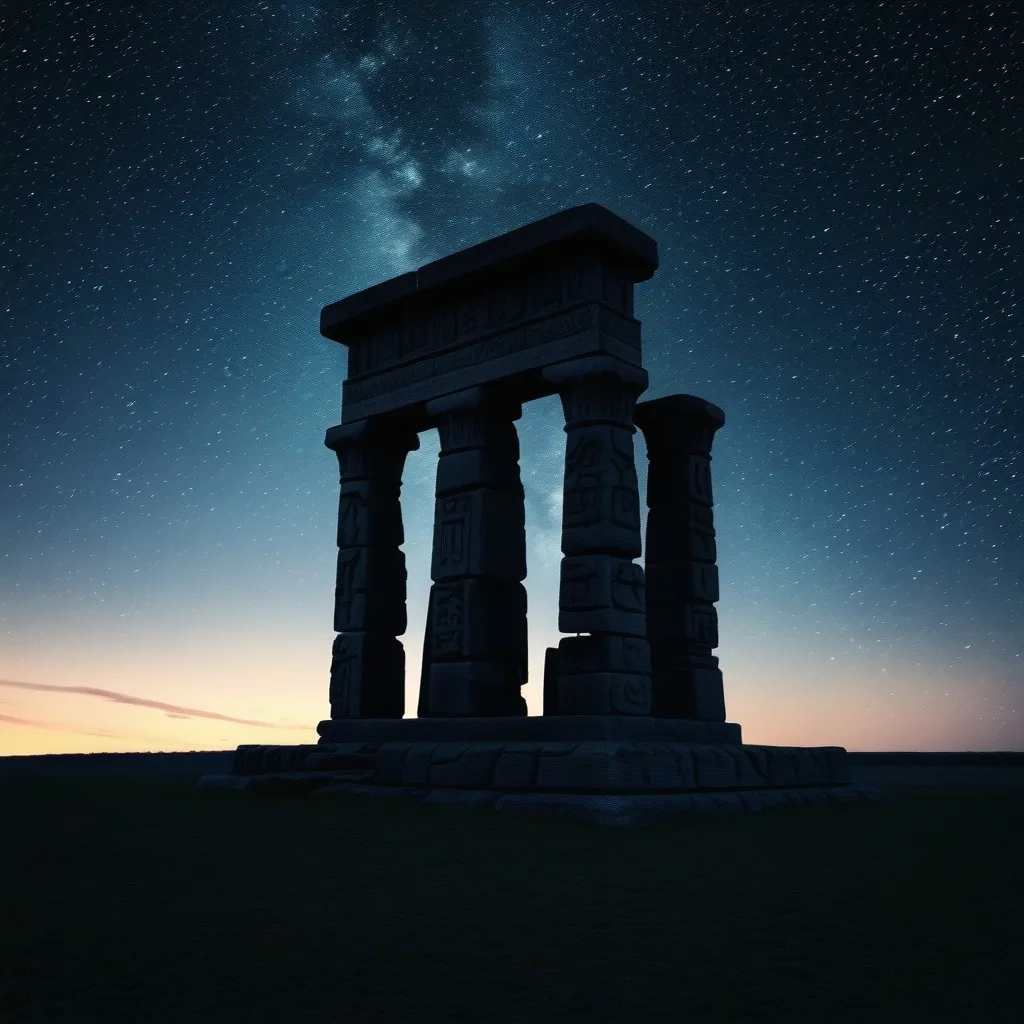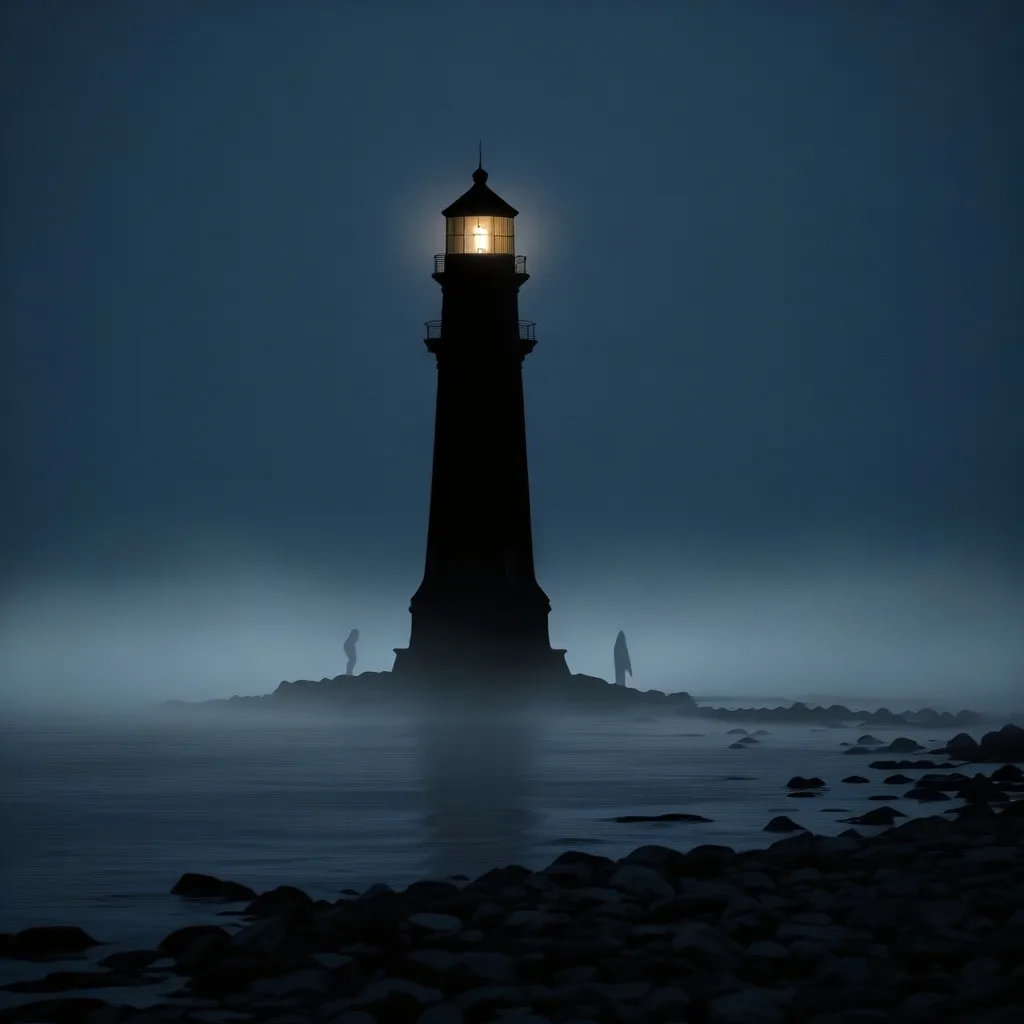Do We Need Nuclear Energy to Stop Climate Change?
The question of whether nuclear energy is necessary to combat climate change has been gaining traction recently, and it’s a complex issue. On one side, there’s a growing consensus among scientists, environmental activists, and the media that nuclear energy is essential. On the other, many people remain fundamentally opposed to it due to the myriad problems it presents. So, who’s right? Well, it’s complicated.
To slow the pace of climate change, we must reduce greenhouse gas emissions to net zero. A significant chunk of these emissions—3% globally in 2018—come from producing energy through fossil fuels like oil, coal, and gas. Currently, 84% of the world’s primary energy is derived from these fossil fuels, making it tough to transition away from them.
One of the most impactful things we can do is to electrify various sectors. Electricity can be produced using low-emission technologies such as solar, wind, and nuclear energy. The more we switch to electric vehicles and electric heating, the less we rely on burning fossil fuels.
But here’s the catch: most of the world’s electricity is still generated from fossil fuels. Despite the rapid installation of renewables, we can’t keep pace with the rising global demand for electricity. Renewables alone haven’t been able to meet this growing demand. As a result, emissions from electricity production are still increasing.
Nuclear energy emerges as a viable alternative to fossil fuels. Although not renewable, nuclear energy has minimal greenhouse gas emissions. However, its development has stagnated over the past 20 years. While countries like China, India, and South Korea have built new reactors, nations such as Germany and Japan have taken theirs offline.
France and Sweden serve as prime examples of low-carbon electricity success stories. In France, 67% of electricity comes from nuclear and 23% from renewables, mainly hydropower. In Sweden, the split is about 30% nuclear and 45% hydro. These countries show that nuclear energy can work on a large scale.
Yet, the majority of the world’s nuclear reactors are outdated and costly to replace. Building new reactors in Western countries is expensive and time-consuming due to factors like regulatory constraints and loss of expertise. In contrast, countries like South Korea and Russia can build new reactors quickly and at a competitive cost.
There’s also the issue of nuclear waste and the fear of accidents. However, advancements like small reactors and next-generation technologies aim to address these concerns, though they haven’t yet been widely deployed.
Given the uncertainties, some argue that we should move away from nuclear power and focus solely on renewables. But renewables have their own challenges, mainly reliability and consistency. Wind doesn’t always blow, and the sun doesn’t always shine when we need it most, like in the mornings and evenings.
To make renewables reliable, we need massive storage capacities such as batteries or storage power plants. But we don’t yet have the technology or capacity to transition quickly enough to replace fossil fuels entirely.
Furthermore, transitioning to electric cars and heating will require significantly more electricity than we currently use. As the world’s electricity needs continue to grow, it’s unlikely that renewables alone can meet the demand quickly enough.
So, what’s the game plan? Both renewables and nuclear energy have their own unique challenges, and neither can single-handedly replace fossil fuels. Given the urgent need to reduce emissions, it might be wise to consider nuclear and renewables as partners, rather than opponents. Investing in both could provide a balanced approach to tackling climate change.
Immediately shutting down nuclear reactors would likely result in increased reliance on fossil fuels, which is counterproductive. While new nuclear plants are expensive, their long-term benefits in preventing fossil fuel use could outweigh these initial costs.
In conclusion, whether we need nuclear energy depends on how complicated we want to make the transition away from fossil fuels. In a world struggling to reduce its reliance on fossil fuels, it may be unwise to discount any viable low-emission options, including nuclear energy.
